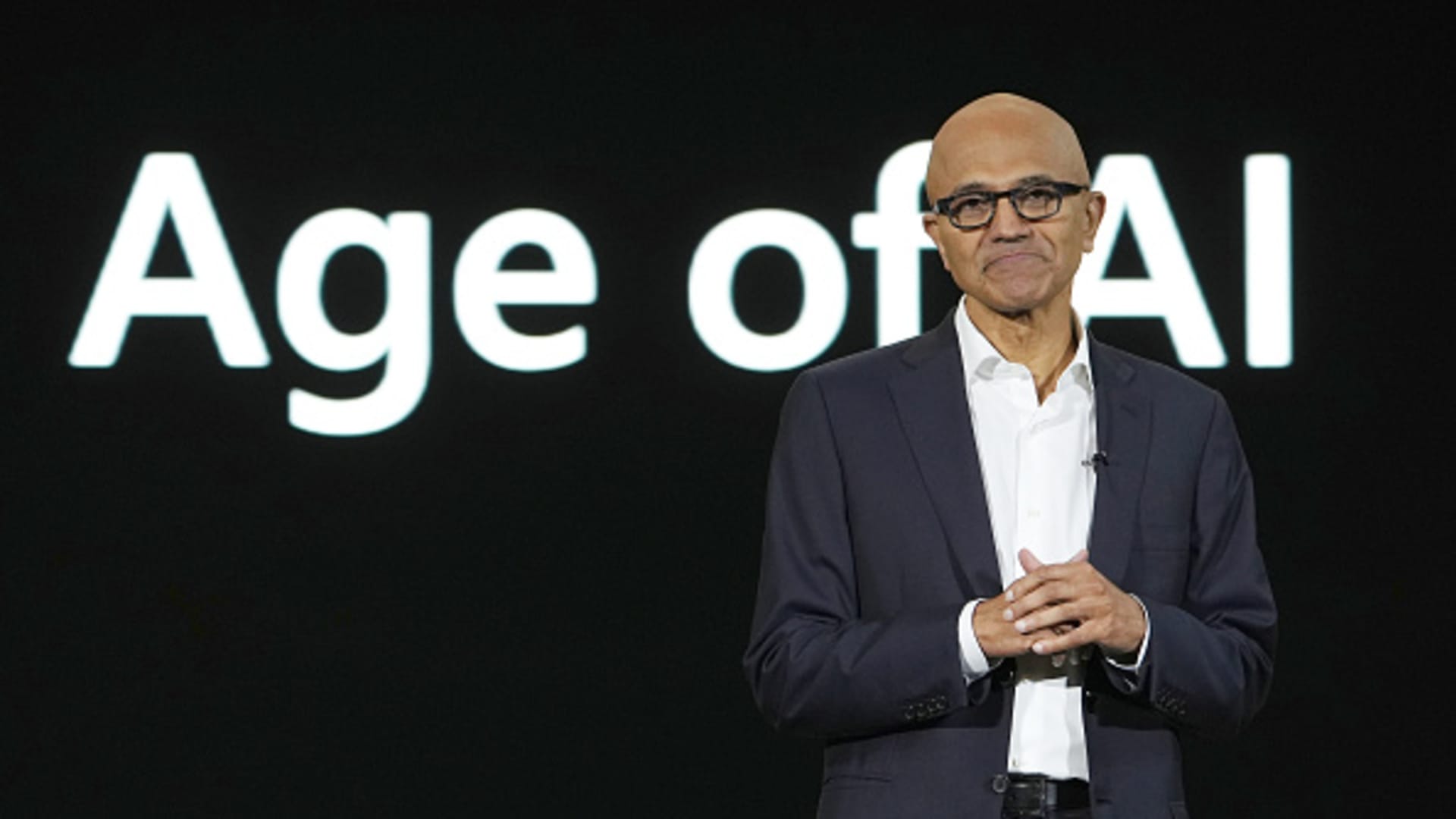Revolutionizing Healthcare: Microsoft Introduces Cutting-Edge AI Voice Assistant for Medical Professionals
In an era where technology is reshaping every facet of our lives, Microsoft is set to make significant waves in the healthcare sector with its latest innovation: a voice-activated AI assistant tailored specifically for medical professionals. This revolutionary technology aims to enhance efficiency and improve patient care by streamlining workflows and enabling hands-free interactions. As healthcare providers grapple with the increasing demands of patient care and administrative tasks, this AI voice assistant presents a promising solution that could redefine the way healthcare is delivered.
Understanding the Need for AI in Healthcare
The healthcare industry is at a crossroads, facing challenges that necessitate innovative solutions. With the rise of digital health records, telemedicine, and an ever-growing demand for personalized care, medical professionals are inundated with responsibilities. This overwhelming workload often leads to burnout and a decrease in the quality of patient care. According to a study published in the Journal of the American Medical Association, nearly 50% of physicians report feeling burned out, which can adversely affect patient outcomes.
Here’s where Microsoft’s AI voice assistant comes into play. By leveraging advanced AI technologies, this tool is designed to alleviate some of the burdens on healthcare providers, allowing them to focus more on patient interactions rather than administrative tasks.
Key Features of Microsoft’s AI Voice Assistant
The AI voice assistant integrates seamlessly into existing healthcare workflows, offering a range of features that enhance productivity and efficiency:
- Hands-Free Documentation: Medical professionals can dictate notes and update patient records without needing to type, enabling them to maintain eye contact with patients and foster a more personal connection.
- Natural Language Processing: Utilizing advanced NLP, the assistant understands and interprets complex medical terminology, ensuring accuracy in documentation and communication.
- Integration with Existing Systems: The voice assistant is designed to integrate with Electronic Health Record (EHR) systems, streamlining processes and reducing the time spent on administrative duties.
- Voice Activation: With simple voice commands, healthcare providers can access patient information, schedule appointments, and set reminders without needing to navigate through multiple screens.
- Real-Time Updates: The assistant can provide real-time information about patient conditions, lab results, and treatment plans, enabling quicker decision-making.
Enhancing Patient Care Through Technology
One of the most significant aspects of healthcare is the patient-provider relationship. Unfortunately, the administrative burden often hampers this connection. The introduction of the AI voice assistant not only improves efficiency but also enhances the quality of patient care. Here’s how:
- More Time for Patient Interaction: With reduced time spent on documentation, healthcare providers can dedicate more time to listening to and understanding their patients’ concerns.
- Improved Accuracy: By minimizing the chances of human error in documentation, the AI assistant helps ensure that patient records are accurate and up-to-date, which is crucial for effective treatment.
- Streamlined Communication: The AI can facilitate better communication between healthcare providers and patients, ensuring that important information is conveyed clearly and efficiently.
Addressing Concerns About AI in Healthcare
While the advantages of AI in healthcare are apparent, some concerns must be addressed. Issues such as data privacy, security, and the potential for job displacement are often raised in discussions about AI technology. Microsoft is keenly aware of these challenges and has implemented several measures to mitigate risks:
- Data Security: Microsoft employs robust encryption and security protocols to protect sensitive patient information, ensuring compliance with regulations such as HIPAA.
- Human Oversight: The AI assistant is designed to support healthcare professionals rather than replace them. Human oversight remains crucial in clinical decision-making.
- Continuous Improvement: Microsoft continually collects feedback from users to enhance the AI’s functionality and usability, ensuring that it meets the evolving needs of healthcare providers.
The Future of AI in Healthcare
The introduction of Microsoft’s AI voice assistant marks a pivotal moment in the evolution of healthcare technology. As medical professionals embrace this innovation, we can expect a shift towards more efficient and patient-centered care. The potential applications of AI in healthcare extend far beyond voice assistance, with possibilities including:
- Predictive Analytics: AI can analyze patient data to predict health outcomes, enabling proactive care and early intervention.
- Telehealth Enhancements: AI can provide real-time support during telehealth consultations, improving the overall patient experience.
- Personalized Treatment Plans: Machine learning algorithms can help create tailored treatment plans based on individual patient data and history.
Conclusion
Microsoft’s introduction of a cutting-edge AI voice assistant for medical professionals represents a significant step toward revolutionizing healthcare. By improving efficiency, enhancing patient care, and addressing the challenges faced by healthcare providers, this technology holds the potential to transform the medical landscape. As the healthcare industry continues to adapt to technological advancements, embracing innovations like AI will be crucial in ensuring that patient care remains at the forefront of medical practice.
As we look to the future, the integration of AI in healthcare will likely lead to unprecedented improvements in patient outcomes, provider satisfaction, and overall healthcare delivery. Microsoft’s commitment to enhancing the healthcare experience through technology is an exciting development that promises to make a lasting impact on both medical professionals and the patients they serve.
See more WebMD Network



